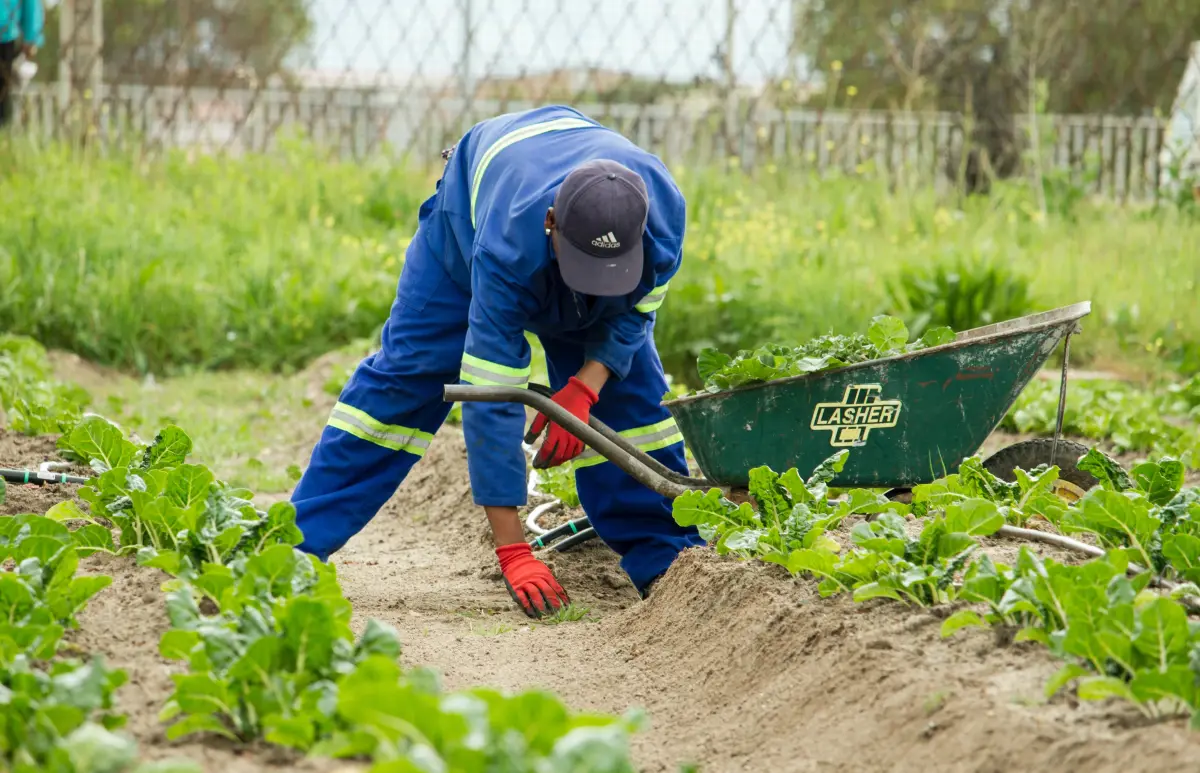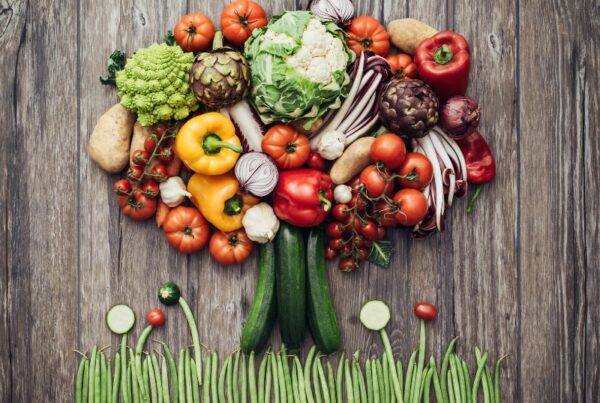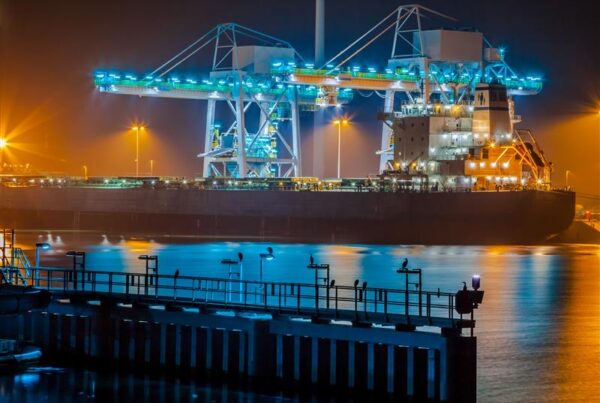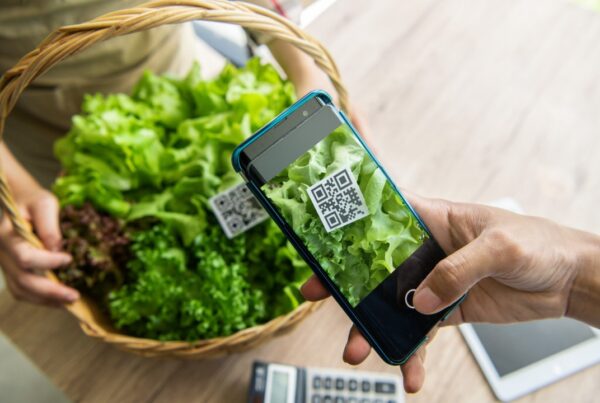Investing in Food Security: Building a Sustainable Future
At present, the global population is estimated to reach 9.7 billion by 2050, so ensuring food security has become a pressing concern. Investing in food security is not just about meeting the immediate need for sustenance; it is an investment in the future of our planet and its people.
As the population continues to grow, so does the demand for food. By investing in food security, we can ensure that everyone has access to safe, nutritious, and affordable food. This not only addresses hunger but also promotes better health outcomes and improves overall quality of life.
Investing in food security entails making advancements in agricultural practices and technologies. This includes promoting sustainable farming methods, such as precision agriculture techniques like Agriculture 4.0, and organic farming, which reduce reliance on chemicals and minimize environmental impact. By improving productivity, we can meet the growing demand without exacerbating climate change.
By investing in food security, we can encourage the adoption of climate-smart practices which reduce carbon emissions, conserve water, and protect biodiversity. Sustainable farming methods, such as agroforestry and crop rotation, not only improve soil health but also sequester carbon, helping to mitigate climate change.
Food security is closely tied to poverty alleviation and social stability. When people have access to sufficient food, they can focus on education, employment, and economic opportunities. Investing in food security helps break the vicious cycle of poverty and hunger, reducing social inequalities and fostering stability within communities and nations.
In conclusion, investing in food security is not just an act of compassion; it is a strategic investment in the future. By ensuring food availability, accessibility, and affordability, we can address the challenges posed by a growing population like climate change, and pollution. It is crucial for governments, organizations, and individuals to prioritize sustainable agriculture, support small farmers, and promote equitable access to food. Only then can we secure a prosperous and resilient future for generations to come.
To learn more about how food security affects the future, you may read this article by Reuters.







